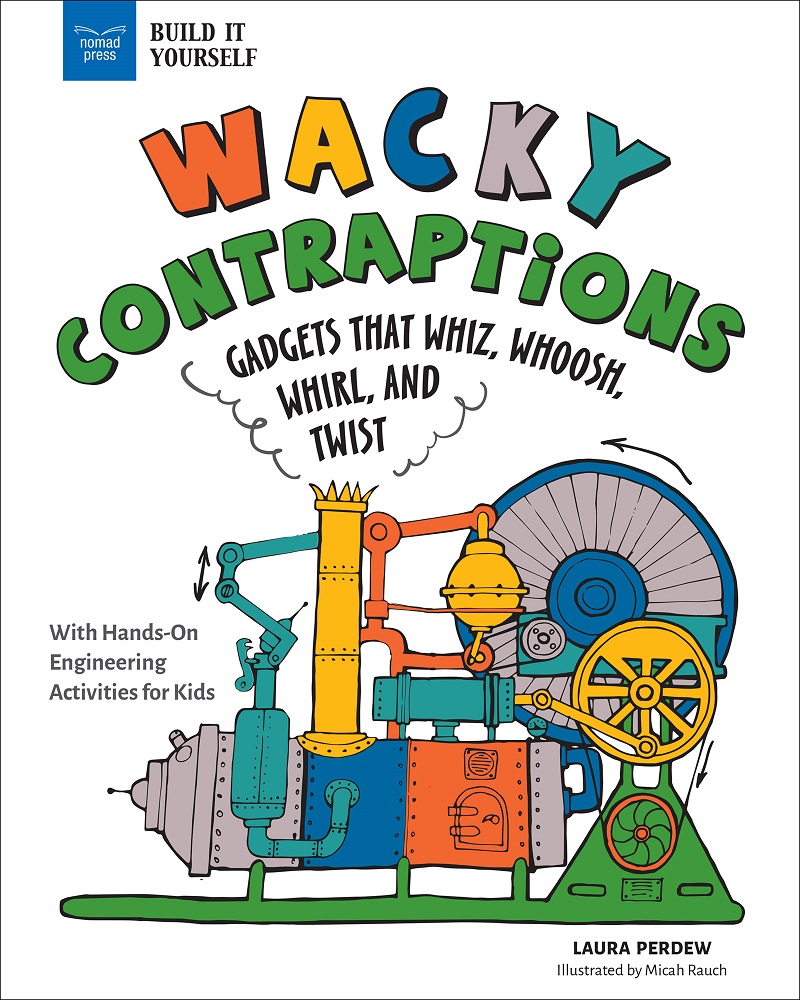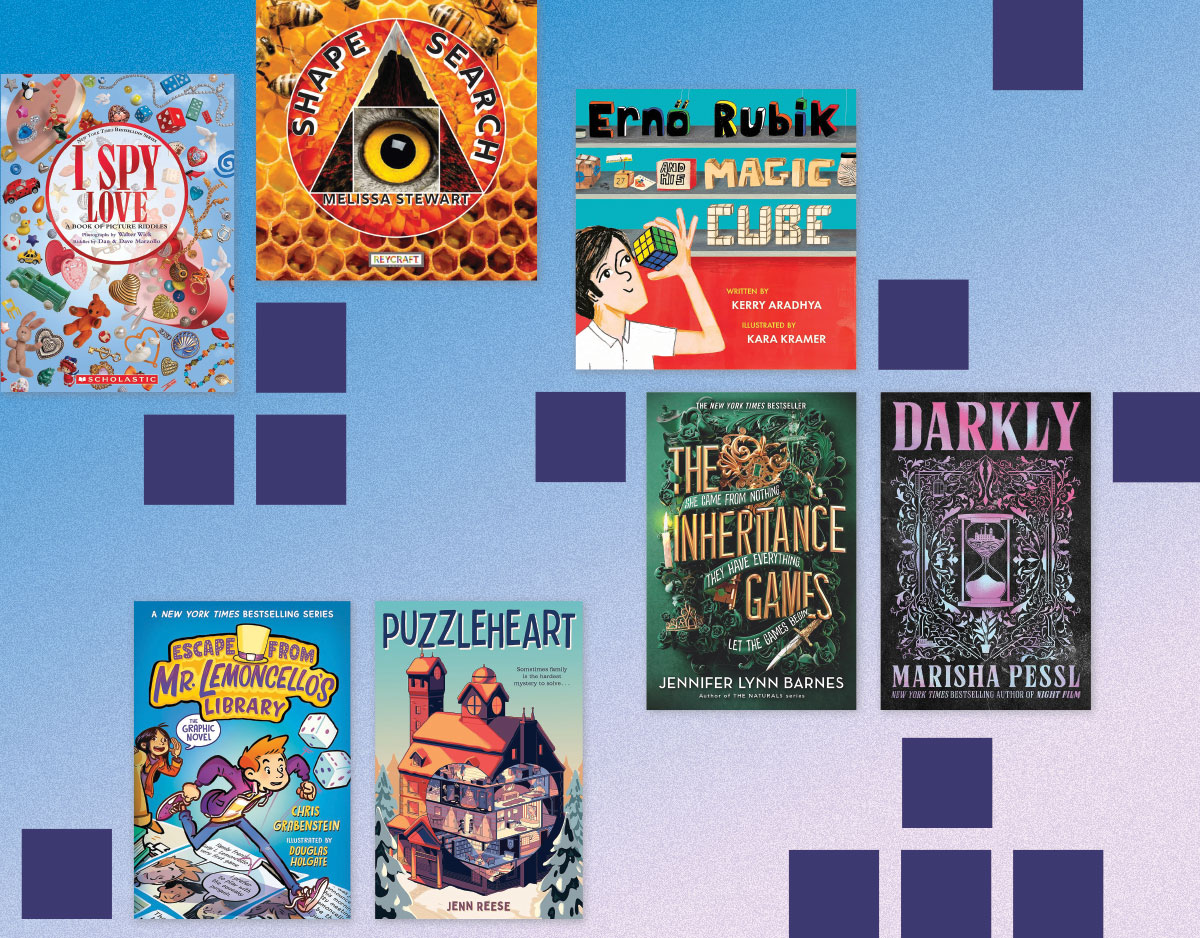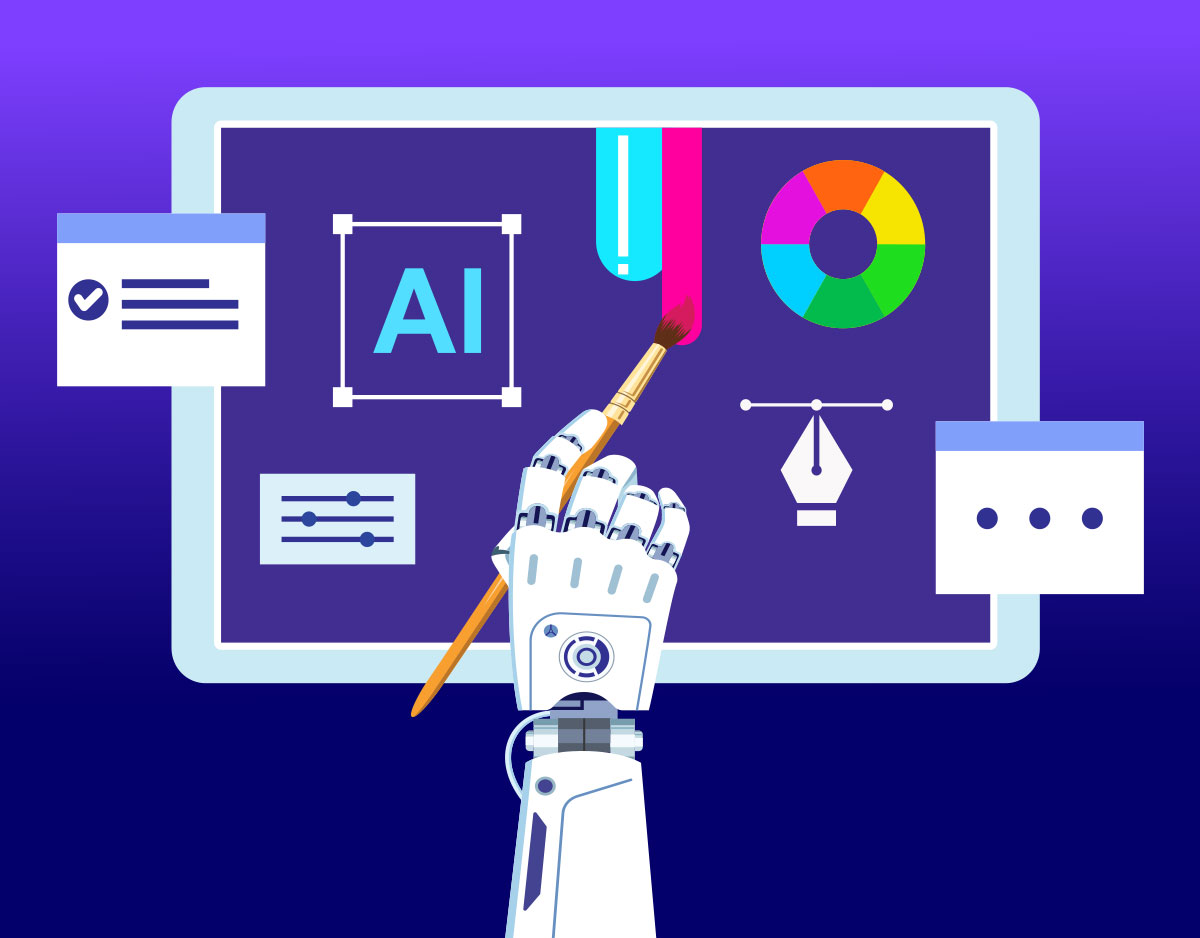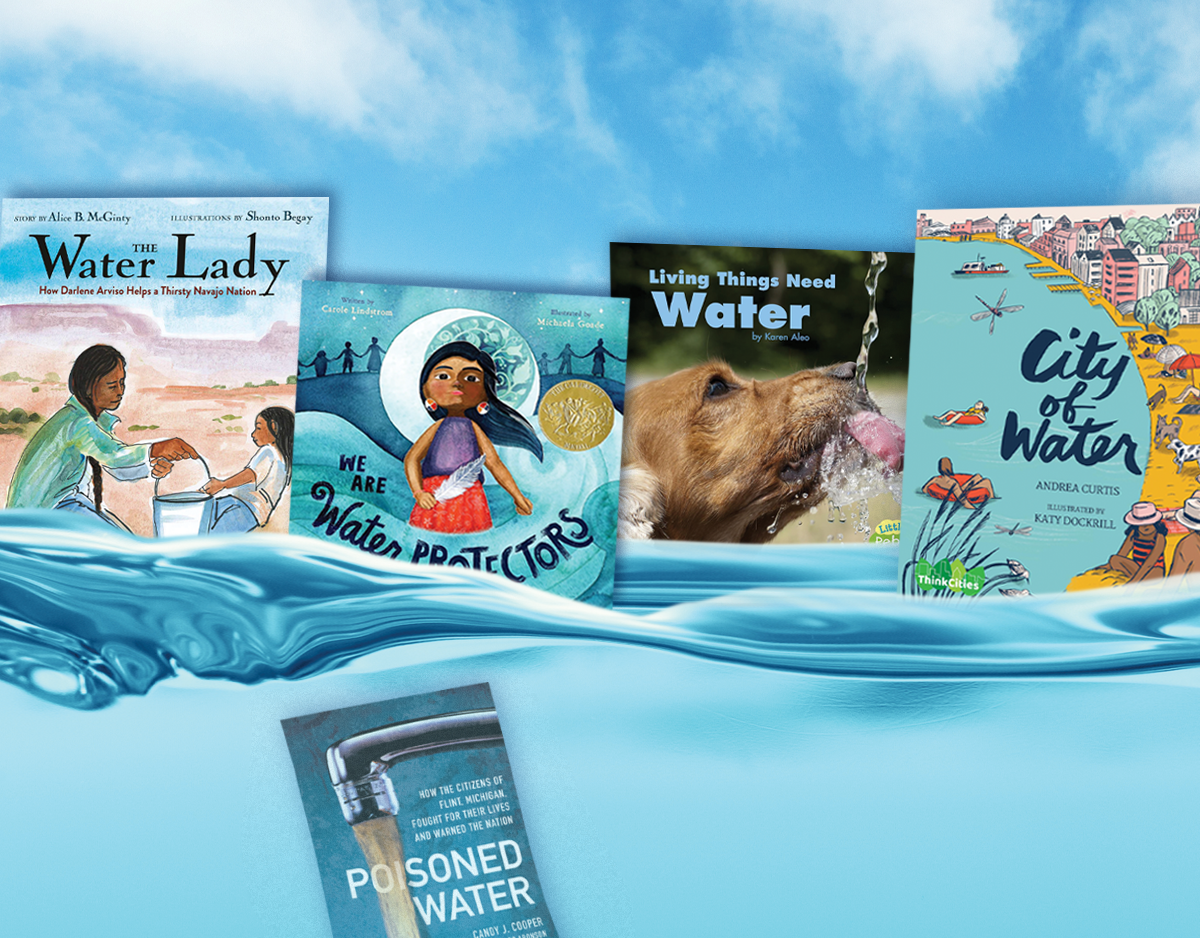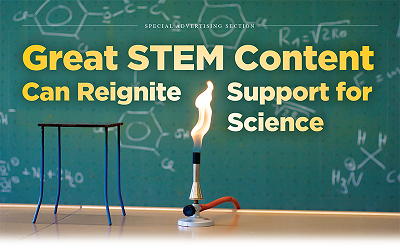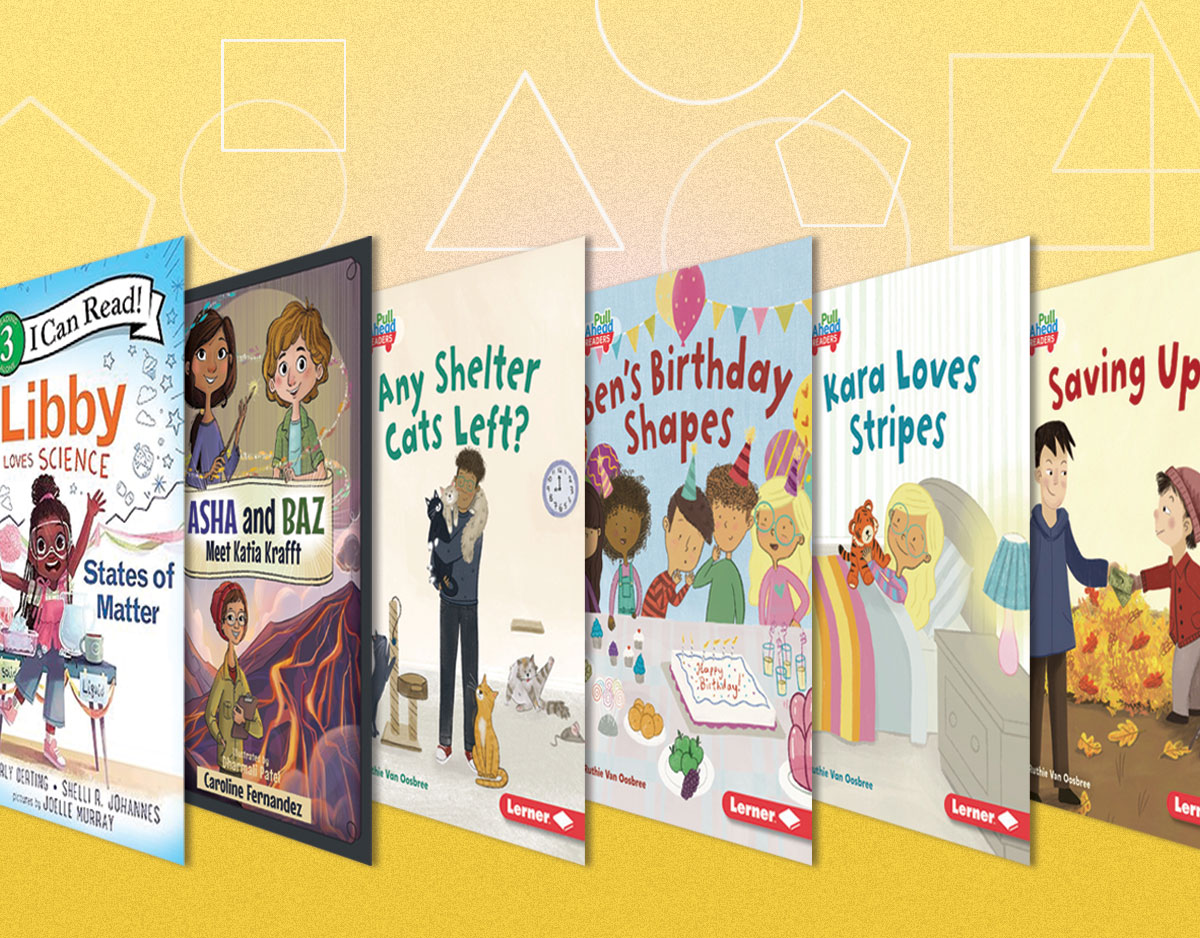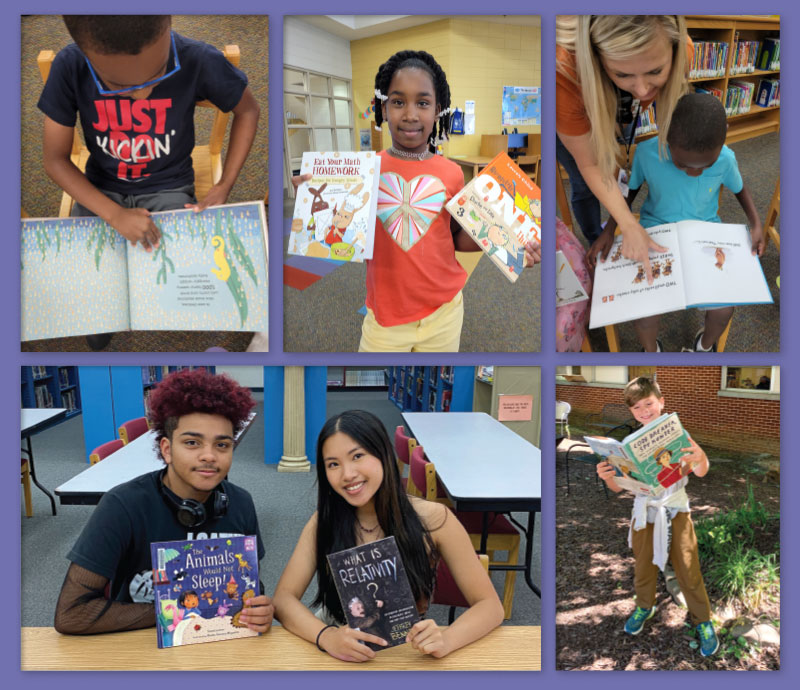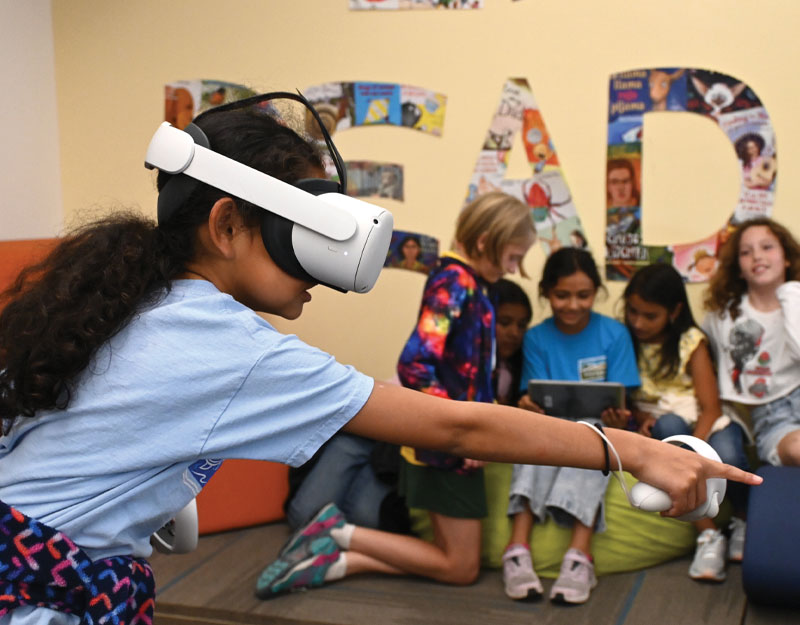Stem
Everywhere we go—home, school, the grocery store, downtown, parks, playgrounds—we witness the products of engineering. From the roads we build to the skyscrapers we design to the can opener in the kitchen drawer, engineering is in use all around us.
Birding is a great way for students and teachers to connect with nature. From citizen science projects and live feeder stations—and books galore—the resources here will help kids learn about our avian friends.
Seek-and-finds, stories about escape challenges, and other engaging titles.
From Quick, Draw! and DALL·E to Stretch AI, these tools provide fodder for idea generating, problem solving, and more.
Activities, books, and online tools address issues including the impact of pet waste on water systems, measuring water footprints, and how activists raise awareness about conservation.
Just a few years removed from a global pandemic that saw the intense politicization of public health initiatives, the U.S. public’s faith in science has declined. Books that help students understand complex issues and inform them about important scientific advancements and the critical role that STEM plays in our society can help produce more informed citizens who support the need for scientific investment.
STEM comes to life for beginning readers in these stories, which can be used to complement science, math, or reading instruction.
When kids read engaging stories about math, they learn to love it. That’s the idea behind the Mathical Collection Development Awards, and school librarians who have received the award say that’s exactly what happens.
School librarians are finding unique ways to integrate the technology in nearly every unit of study. Virtual field trips are only the tip of the iceberg for how this tech can impact learning.
ALREADY A SUBSCRIBER? LOG IN
We are currently offering this content for free. Sign up now to activate your personal profile, where you can save articles for future viewing
